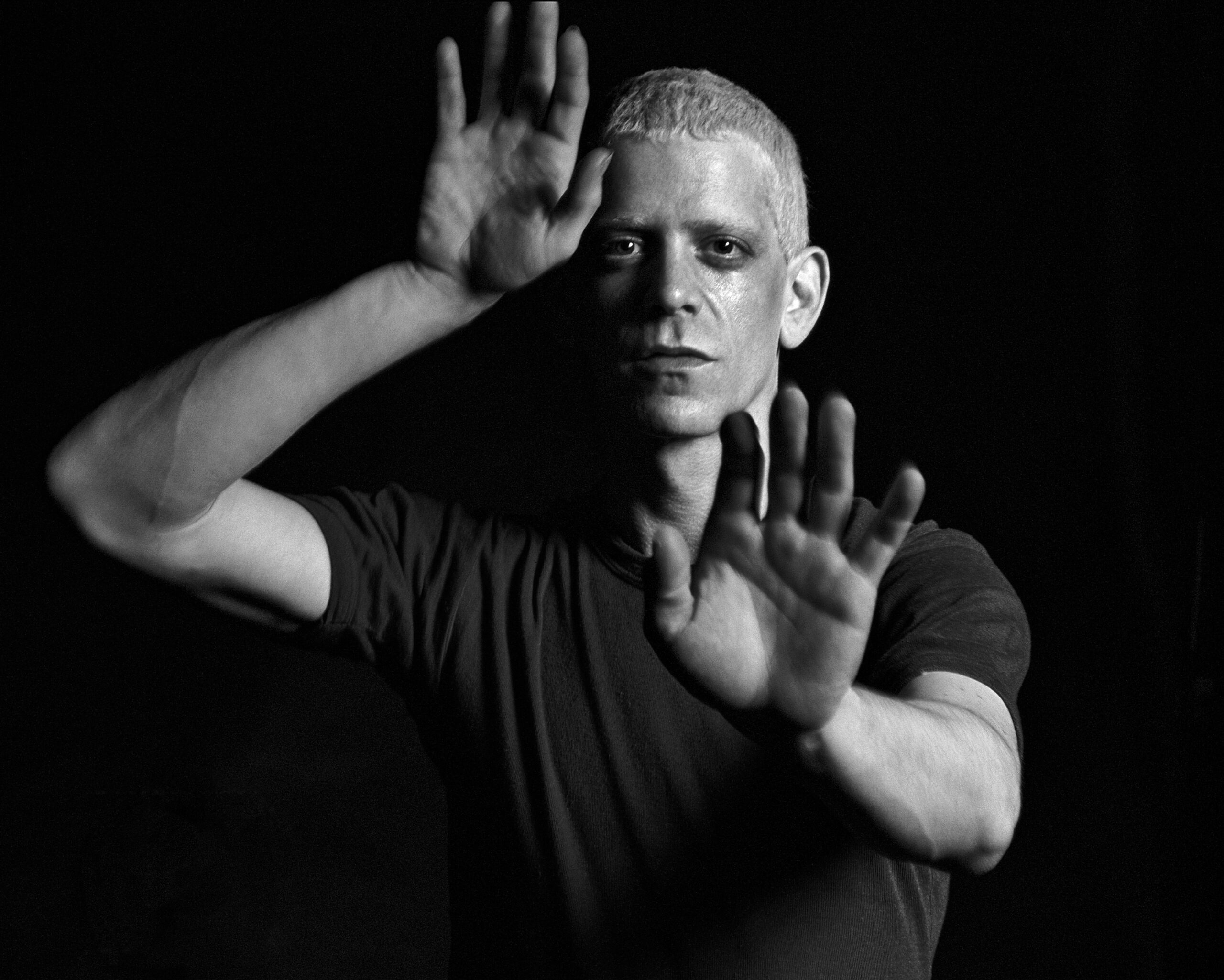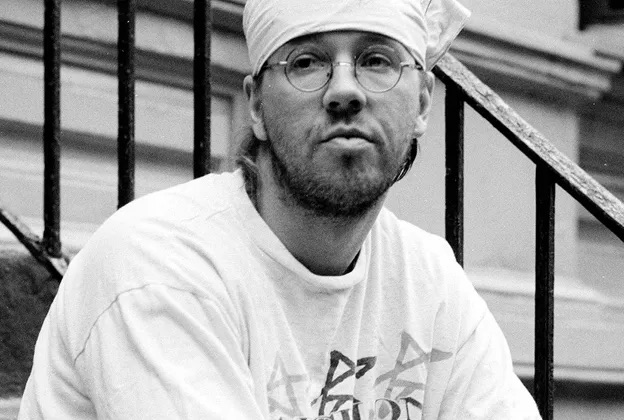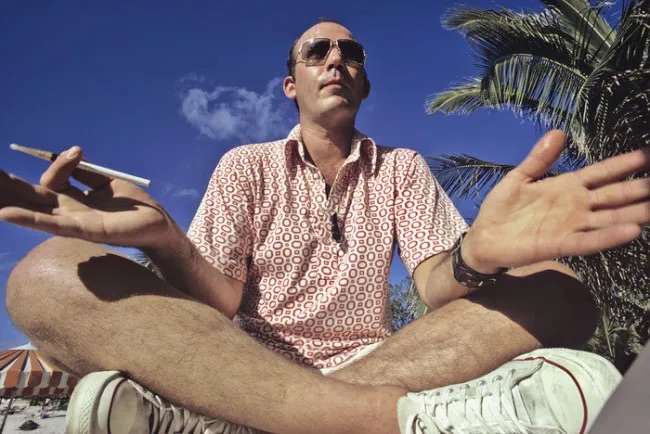How Allen Ginsberg's "Howl" Shaped A Generation & Counterculture Movement
On how Allen Ginsberg's poem "Howl" sparked a revolution and counterculture movement in America in the 1950s. 07.19.24
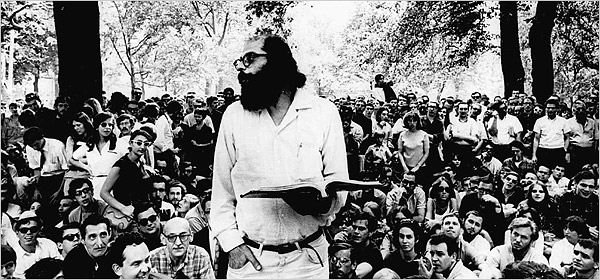
It's hard to imagine today, a poem having some type of seismic impact on society. Poems feel estranged, like some dust-ridden form of art from another time. We live by the code of
Youtube, Twitter, and Instagram. With our microscopic attention spans, we have pronounced the video as the new king. The problem with the video though, is it leaves very
little to the imagination. What you see is what you get. We could make a video of us reciting a poem and maybe people
would pay attention, but otherwise, the times have changed. People get lazier as time goes on. America is obsessed with its convenience. The idea of someone
standing up in a park in New York City, and reciting their poems to a crowd of people feels impossible.
This wasn't the case in the 1950s. Here in America a counterculture movement was gaining momentum. With the end of World War II we saw an influx
of wealth, and with that a new era of materialism. Traditional family values and expectations became much more rigid. Everything was happening all at once. The civil rights movement was setting the stage for
Martin Luther King Jr., Eastern philosophies were starting to make their way overseas, and psychedelic drugs were becoming more prevalent. Pop culture was in it's infant stages building off jazz music, movies, and nightclubs.
The stage had been unintentionally set. Set for a wave of pushback and rebellion. A countercultural movement characterized by its rejection of all conventional societal norms. The Beat
Generation created a space for the outcasts, eccentrics, and queers of society. For the off-kilter erratic lovers. Those who despised the materialism and traditional values so
stringently enforced. Those who embraced the altered mind infused with marijuana cigarettes and lab-produced LSD. For those who could no longer hold back their "fuck off" to the constraints and societal pressures.
Allen Ginsberg and The Beat Generation
Allen Ginsberg was a visionary poet and the founding father of the Beat Generation. He inspired the American counterculture movement throughout the second half of the 20th century with his poetry. He embodied the living and breathing definition of avante-garde. He was considered to be the ambassador of sexual liberation and spiritual enlightenment. His works have inspired the likes of Bob Dylan, John Lennon, and Patti Smith. In short, he was a king. Ginsberg was openly homosexual at a time when it was illegal in every state. His voice was used to advocate for free speech, free love, peace, and justice. He championed freedom of thought and expression. Up until it's publication in 1956, Allen Ginsberg's "Howl" had no real competition. Why? Because the magnitude of his boldness was considered outright evil and unheard of. Censorship played a massive role in society. Howl, was the antithesis. It was published in an era that feared indecency and God, which is why its influence knew no bounds.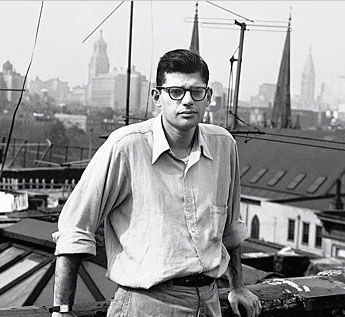
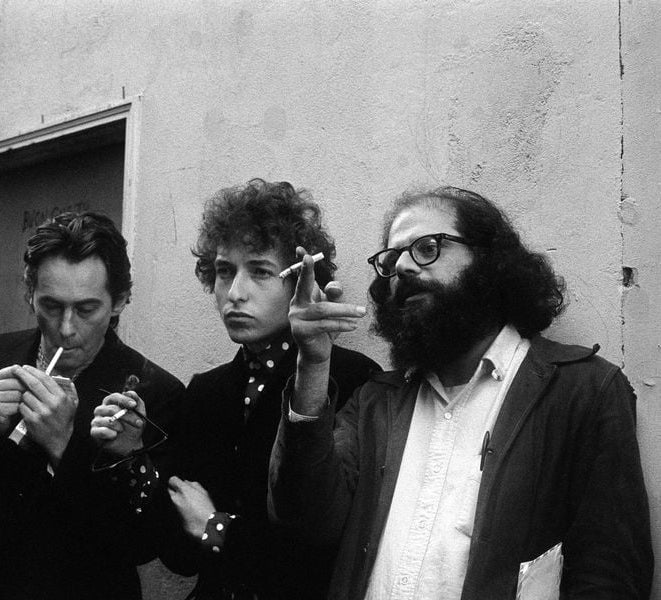
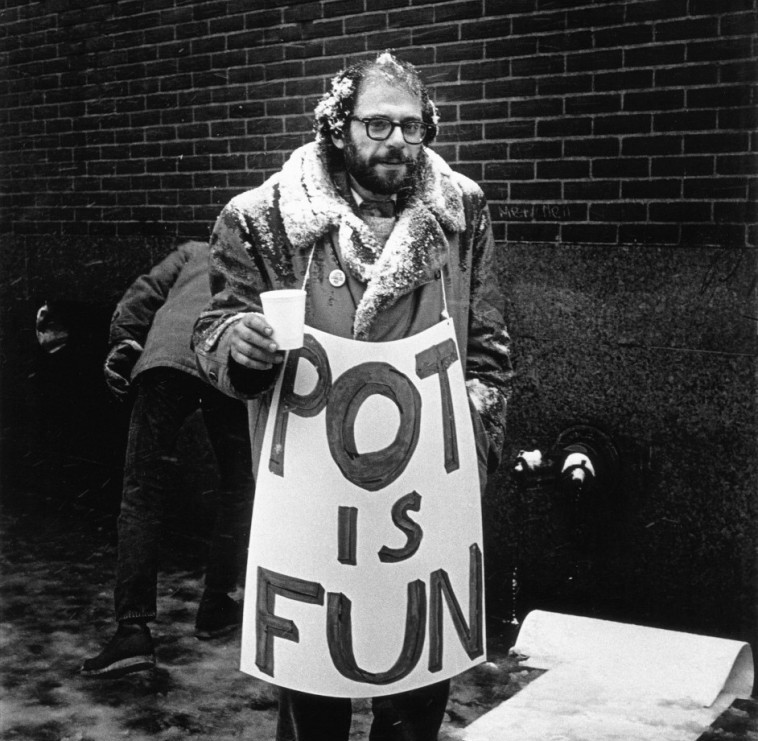
The Social Impact Of "Howl"
If you have a pulse, a brain, a mild curiosity, and are over the age of 17, then chances are you've heard of the term "hippie". They were the flower children of the '60s who promoted the phrase "Make love, not war". The word came from as you can imagine, the word "hip". Those who are fashionable and up to date with trends. Ginsberg was the godfather of this anti-establishment movement. One of his biggest contributions and often considered his most controversial was his openness about homosexuality. He stated that in 1943, he discovered "mountains of homosexuality" within himself and began engaging in relationships with other men. Yet, he was engaging with women as well. It's like he filled this unknown space. Society at the time was extremely binary, you were either gay or straight. Ginsberg was everything. He didn't shy from his sexuality. In Howl, he wrote:by saintly motorcyclists, and screamed
with joy,
who blew and were blown by those human
seraphim, the sailors, caresses of Atlantic
and Caribbean love,
who balled in the morning in the evenings
in rose gardens and the grass of public
parks and cemeteries scattering their semen
freely to whomever come who may,
who hiccuped endlessly trying to giggle but
wound up with a sob behind a partition in a
Turkish Bath when the blond & naked
angel came to pierce them with a sword."
Ginsberg was a visionary, trying to tear down the restrictions and limitations that denied the realization of your true self. His writing was highly controversial because it didn't adhere to society's expectations. The first version of "Howl" was printed in London in 1956. Upon being published in the states, Lawrence Ferlinghetti (the publisher) was immediately arrested. They labeled it the Howl Obscenity trial. The poem is filled with references to drug use. From heroin, to marijuana, to peyote Ginsberg glorifies the freedom provided by indulging in these foreign substances.
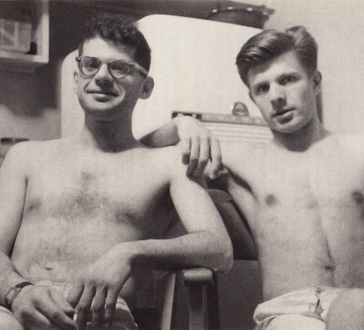
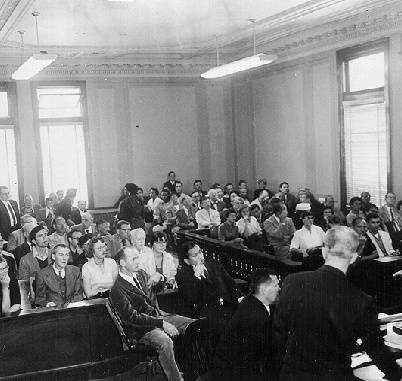
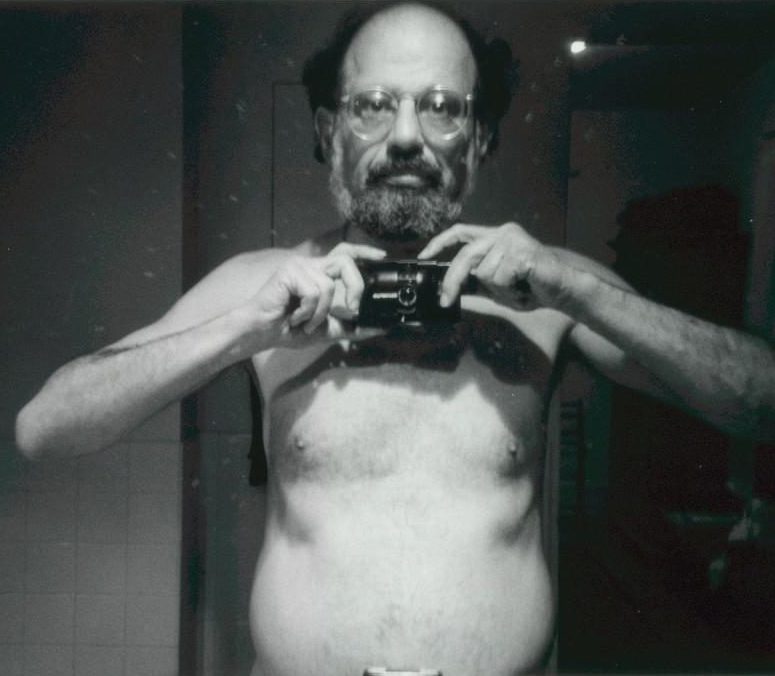
"Howl" In Three Parts
There were three sections to Ginsberg's masterpiece. The first is a lament of how the constricting society surrounding him had destroyed the best minds of his generation. How the potential of his creative cohorts, was wiped clean. How he watched the greatest minds crumble. The second part gives answers to the crumbling. It curses Moloch, the god of child sacrifice, drawing parallels to the sacrifices happening before him. How the human avarice, our insatiable desire for wealth, created a society of dehumanized individuals, mechanically striving for papers printed green. The third part is addressed to a friend he kept from his stay in the mental institution. To give perspective, Ginsberg was admitted in the late 1940s due to his experimentation with drugs and involvement with a criminal gang. The answer society gave was he must be crazy. "Howl" is his reply.You can find a copy of his masterpiece here for purchase, and here as a free digital version. RIP Allen Ginsberg, your life will be forever cherished.
